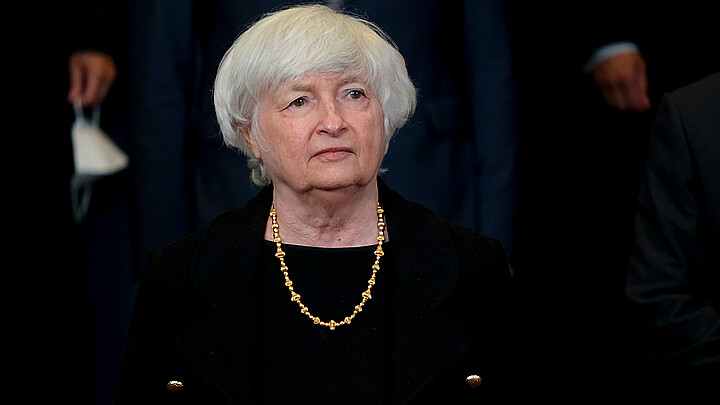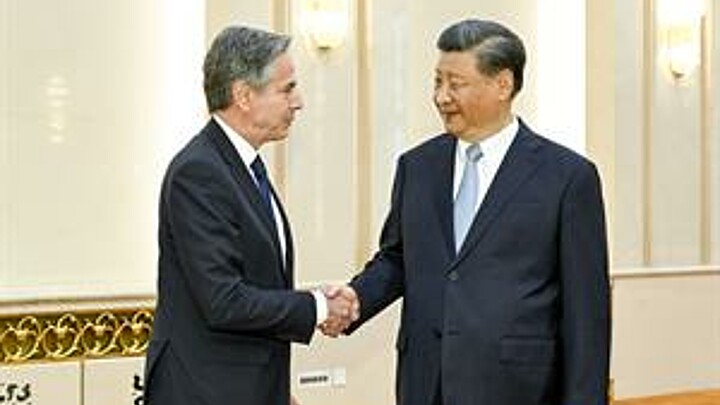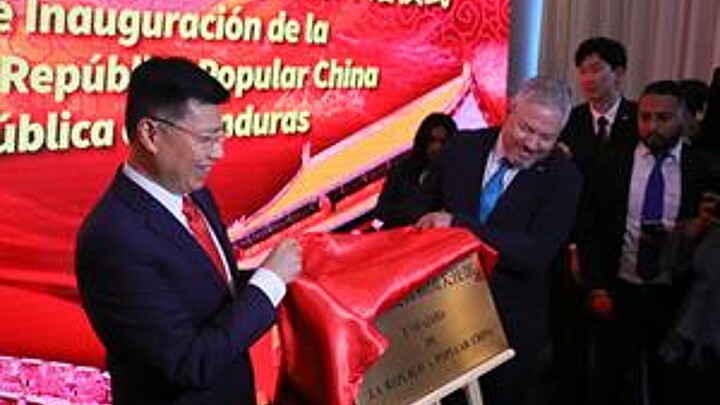Politics
Putin and Xi's anti-Western partnership on display at Beijing Olympics
The summit will also serve to show the growing closeness between Beijing and Moscow – right as relations with the West deteriorate for both
February 3, 2022 11:54am
Updated: February 3, 2022 11:54am
As the world braces for potential conflict between Russia and the West, two world leaders are preparing for a coordinal meeting at the Opening Ceremony of the Beijing Olympics on Friday: Chinese President Xi Jinping and Russia’s Vladimir Putin.
The meeting between the two leaders comes at a pivotal moment for both parties, as continued escalations along the Ukrainian border – namely through the massing of Russian forces – could lead to an armed conflict that could overshadow China’s Olympic moment.
But the summit will also serve to show the growing closeness between Beijing and Moscow – right as relations with the West deteriorate for both.
“President Xi Jinping and I have known each other for a long time, as good friends and politicians who hold largely the same views on addressing the world’s problems,” Mr. Putin said in an interview with state-run China Media Group.
After their talks, the leaders plan to release a joint statement laying out their common views on international and security issues, a Kremlin aide reported.
"It's a very dramatic moment in Russia's confrontation with the West and, in a way, China's confrontation with the West," said Alexander Gabuev, a senior fellow and the chair of the Russia in the Asia-Pacific Program at the Carnegie Moscow Center.
In recent years, both China and Russia have been expanding their relations in terms of trade, technology and military relations – all while signaling the strategic advantage their cooperation offers in terms of resisting a Western world order dominated by what China has called “so-called alliances and small cliques.”
In a December video-call with Putin, Xi called for Beijing and the Kremlin "to step up coordination and collaboration in international affairs" and to reject "hegemonic acts and the Cold War mentality."
But China has also been vocal in supporting Russia’s interests before the international community.
After all, both countries have a long history of defending one another against what they view as “Western interference” in their domestic affairs – often pushing back on internationally imposed sanctions and operating as a voting bloc in the U.N.
Last week, for example, Chinese Foreign Minister Wang Yi told U.S. Secretary of State Antony Blinken that “Russia’s legitimate security concerns” must be taken seriously.
“All parties should completely abandon the Cold War mentality, and form a balanced, effective and sustainable European security mechanism through negotiations, with Russia’s legitimate security concerns being taken seriously and addressed,” Wang said.
Similarly, China was the only U.N. Security Council member to vote with Russia to dismiss a council meeting called by the U.S. – a move that Russia claimed amounted to Washington “whipping up hysteria.”
Ultimately, the two communist neighbors have been drawn closer by their economic ties, their shared security concerns (coupled with their 2,485 mile border) and the similarity of their regimes.
But the "secret sauce" of their tightening ties in recent years has been their simultaneous confrontations with Washington, Gabuev said.










